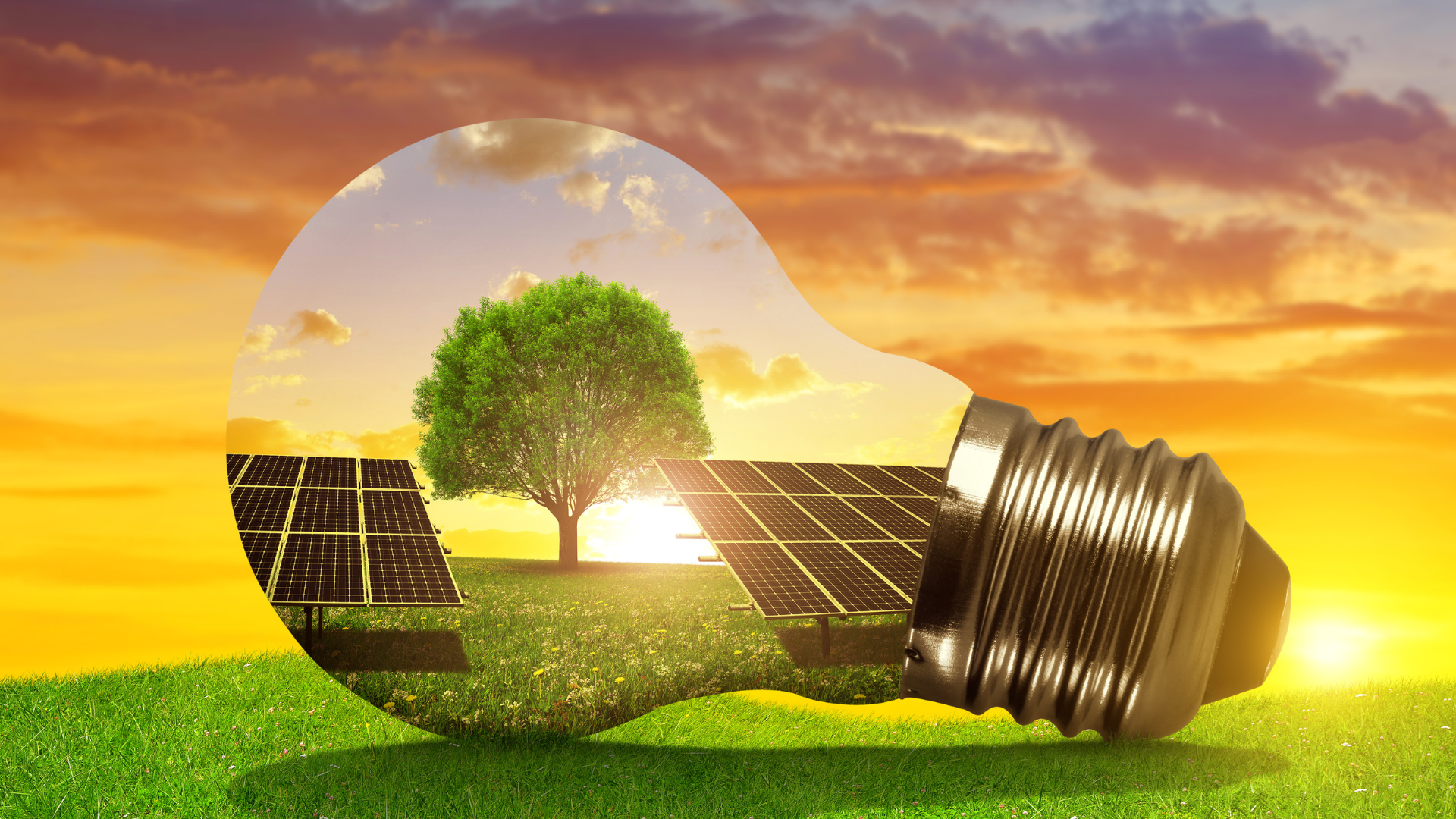What does living off the grid mean?
Living off the grid represents a lifestyle of self-sufficiency and independence from public utilities such as electricity, water, and gas. This way of life is not only about disconnecting from modern conveniences but also embracing a philosophy of autonomy, eco-friendliness, and financial prudence. With advancements in technology, living off the grid is becoming more accessible, allowing individuals to harmonize with nature while enjoying the practical benefits of a sustainable lifestyle.
Key Takeaways
- Off-grid living involves self-sufficiency and disconnection from public utilities, focusing on autonomy and harmony with nature.
- Technological advancements have made off-grid living more achievable, with innovations in energy, water, and waste management.
- Environmental benefits include a significant reduction in carbon footprint and energy and water usage, often exceeding 90% savings compared to conventional homes.
- Financial advantages are notable, with potential savings on utility bills and long-term cost reductions in living expenses.
- Despite the allure, off-grid living presents challenges such as legal constraints, lifestyle adjustments, and the need for emergency preparedness.

Understanding the Off-Grid Lifestyle
Defining Off-Grid Living
Living off the grid involves a lifestyle choice to be independent from public utilities such as electricity, water, and sewer systems. This independence often extends to self-sufficiency in energy, water, and food supplies, embracing a philosophy of freedom and autonomy.
Off-grid living is not just about the practicalities of energy and resource management; it's also about adopting a mindset geared towards sustainability and resilience.
For many, the transition to off-grid living includes the installation of off-grid solar systems to provide electricity. This can be a significant step towards autonomy, especially in regions like Canada where solar installers are readily available to support such transitions. The choice to live off-grid can be driven by various motivations, including environmental concerns, financial benefits, or the desire for a more self-reliant lifestyle.
- Self-sufficiency: Generating your own power, often through renewable sources like solar or wind.
- Autonomy: Not depending on the traditional grid for utilities.
- Sustainability: Reducing reliance on non-renewable resources and minimizing environmental impact.
- Resilience: Being prepared for outages or disruptions in public utility services.
The Philosophy Behind Self-Sufficiency
The allure of self-sufficiency is rooted in the desire to live a life less dependent on the conventional supply chain and more in harmony with nature. This philosophy often involves stepping away from a consumer-driven society, seeking a simpler, less stressful existence.
For many, the journey towards self-sufficiency is not just about the physical aspects of living off the grid, but also about adopting a mindset that values sustainability and autonomy. It's about making conscious choices to reduce one's environmental impact and to live in a way that is more aligned with one's values.
The shift to self-sufficiency is a transformative process that requires a deep commitment to change and a willingness to embrace new ways of living.
Here are some practices commonly associated with the self-sufficient lifestyle:
- Renewable energy utilization, such as off-grid solar systems
- Sustainable agriculture and vertical farming
- Water sourcing and purification on-site
- Embracing a minimalist lifestyle and reducing consumption
Becoming self-sufficient is a declaration of values, a life lived in conscious balance with nature. It's a commitment that goes beyond the installation of solar panels or finding solar installers near me; it's about a comprehensive lifestyle change that encompasses energy, food, shelter, and water.
Technological Advances Aiding Off-Grid Living
The evolution of technology has been a boon for those seeking to live off the grid. High-tech battery systems and solar power innovations have made it increasingly viable for residents, particularly in rural areas, to sustain their homes independently of traditional power grids. Solar installers are now more accessible than ever, offering tailored solutions for off-grid living in Canada and beyond.
- High-capacity battery storage allows for energy autonomy even during periods without sunlight.
- Advanced solar panels and charge controllers maximize energy efficiency.
- Inverters convert stored energy into usable electricity for household needs.
The integration of these technologies has transformed off-grid living from a niche choice to a mainstream option, with systems that are both sophisticated and user-friendly.
The table below illustrates the shift towards off-grid solar systems, highlighting the growing number of solar installers available to meet the demand:
| Year | Number of Solar Installers in Canada |
|---|---|
| 2018 | 150 |
| 2019 | 175 |
| 2020 | 200 |
| 2021 | 230 |
| 2022 | 260 |
This trend is a clear indicator of the technological strides that are empowering individuals to adopt a self-sufficient lifestyle, reducing their environmental impact while also potentially lowering their cost of living.
The Practicalities of Off-Grid Living
Energy Solutions for Off-Grid Homes
For those seeking to embrace the off-grid lifestyle in Canada, energy autonomy is a cornerstone. Solar photovoltaic (PV) systems have become a go-to solution, harnessing the country's ample sunlight to generate electricity. These systems, composed of solar panels, inverters, and batteries, convert solar energy into usable power, even during the long winter months.
Off-grid solar systems not only provide a reliable source of energy but also increase the value of a home, making them a dual investment in sustainability and property.
A hybrid approach to energy, combining solar with wind or micro-hydro systems, is often recommended to mitigate the variability of renewable sources. This strategy ensures a continuous power supply and can be tailored to the unique environmental conditions of each location. For installation, homeowners can seek out local solar installers to customize their off-grid energy setup.
Below is a list of components typically required for a robust off-grid solar system:
- Solar Panels: Capture sunlight and convert it to electricity.
- Charge Controllers: Regulate the flow of electricity to batteries.
- Inverters: Convert direct current (DC) from solar panels to alternating current (AC) for home use.
- Batteries: Store excess energy for use when sunlight is not available.
- Backup Generators: Provide power during prolonged periods of low sunlight or system maintenance.
Water and Waste Management
Living off the grid requires innovative solutions for water and waste management, as traditional municipal services are not available. Efficient water sourcing and purification are critical, with methods such as local water bodies, wells, springs, and rain catchments being common. Filtration, chemical treatment, and UV light are among the techniques used to ensure water safety.
Greywater recycling and composting toilets are sustainable practices that manage waste while conserving water. These systems allow for the reuse of water from household activities and the conversion of human waste into usable compost, respectively.
For wastewater, on-site systems like septic tanks or aeration tanks are often employed. These systems store and treat greywater and blackwater before releasing it safely back into the environment. Automatic leak detectors and tap closures are additional tools that help minimize water wastage.
Here is a brief overview of water and sanitation options for off-grid living:
- Sources: Local water bodies, wells, springs, rain catchments
- Treatment: Filtration, chemical treatment, UV light, desalination, water softening
- Usage and Sanitation: Greywater recycling, composting toilets, on-site wastewater management
Food and Agriculture Independence
Achieving food and agriculture independence is a cornerstone of living off the grid. By growing your own food, you not only gain control over what you consume but also significantly reduce your environmental impact. The process of planting, tending, and harvesting your own crops or raising livestock can be deeply satisfying and ensures a fresh, organic supply of food.
Here are some practices that can help establish food self-sufficiency:
- Barter with neighbors for diverse produce
- Engage in permaculture to create sustainable agricultural ecosystems
- Utilize forest gardening for a more diverse and resilient food supply
- Practice subsistence agriculture to meet your daily food needs
Embracing these practices not only secures a source of nutritious food but also fosters a strong sense of community and connection to the land. It's about closing the loop on your food supply, ensuring that everything you consume can be produced within your own space.
While the journey to self-sufficiency can be challenging, the rewards are manifold. You'll find that a zero-mile diet not only benefits your health and the planet but also offers economic advantages by reducing the need for grocery shopping and minimizing food waste.
The Environmental and Financial Benefits
Reducing Carbon Footprint and Environmental Impact
Living off the grid is a commitment to environmental stewardship. Off-grid living utilizes renewable energy, like solar power, which plays a significant role in reducing greenhouse gas emissions. This lifestyle choice supports not only a reduction in carbon footprint but also aids in wildlife and habitat preservation.
The choice to live off-grid reflects a conscious decision to minimize one's impact on the planet, embracing sustainability in daily life.
While the production of solar technology has environmental downsides, such as emissions from manufacturing, the benefits become apparent quickly. Solar panels can offset their greenhouse gas emissions within a few years of operation. Moreover, off-grid systems often incorporate practices that further reduce environmental impact, such as recycling and reducing waste.
It is important to recognize that off-grid living is not without its environmental considerations. The use of diesel generators and batteries, for instance, can pose challenges. However, when compared to the conventional grid-connected lifestyle, the off-grid approach offers a viable path to lessen our ecological footprint.
Cost Savings and Economic Advantages
Embracing the off-grid lifestyle through solar power systems not only aligns with environmental stewardship but also offers significant economic advantages. Initially, the investment in solar technology may seem substantial; however, the long-term savings are considerable. Homeowners typically reach a break-even point within 6 to 10 years, after which they enjoy a drastic reduction in energy costs.
The shift to solar energy is further incentivized by various government programs, making the transition more accessible and financially viable.
In Canada, where energy costs can fluctuate, off-grid living provides a stable and predictable energy expenditure. Moreover, the low maintenance costs associated with solar systems contribute to the overall economic benefit. As technology advances and the cost of solar installations decreases, the financial case for off-grid living becomes even more compelling.
Here is a quick overview of the economic benefits:
- Decreased reliance on non-renewable resources
- Reduction in power bills
- Energy independence
- Long-term financial savings
- Low maintenance costs
- Positive community impact
Statistics: Energy and Water Usage Reductions
Adopting an off-grid lifestyle has shown significant reductions in energy and water usage, contributing to both environmental sustainability and financial savings. Households that integrate water-saving techniques and energy-efficient systems often experience a marked decrease in utility costs. For instance, the implementation of low-flow fixtures and greywater recycling systems can cut water usage by half, making a substantial impact on resource conservation.
Efficient water use is crucial for off-grid living, as it ensures the longevity of water supplies. Automatic leak detectors and tap closures are instrumental in minimizing waste.
Energy conservation is equally important, with many off-grid homes opting for LED lighting, high energy-rated appliances, and the strategic use of energy-intensive devices. The table below illustrates typical water usage for common household activities and the potential savings from using water-efficient fixtures:
| Activity | Standard Usage (L) | Efficient Usage (L) |
|---|---|---|
| Shower | 90 | 45 |
| Washing Machine | 39-53 | 20-26 |
| Flushing Toilet | 7 (per flush) | 3.5 (per flush) |
| Handwashing Dishes | 20 | 10 |
By embracing these practices, off-grid residents not only reduce their environmental footprint but also enjoy a more self-reliant and cost-effective lifestyle.
Challenges and Considerations
Legal and Zoning Issues
When considering off-grid living in Canada, it's crucial to navigate the complex web of legal and zoning regulations that can significantly impact the feasibility of such a lifestyle. Zoning laws vary widely across municipalities and provinces, often dictating the permissible uses of land, the size and type of structures, and the requirements for utilities connections.
Off-grid solar systems, while environmentally friendly and cost-effective in the long run, must comply with local building codes and electrical standards. This often necessitates working with certified solar installers who are familiar with the region's regulations.
Challenges such as space constraints for solar panels and the high cost of solar energy storage highlight the need for careful planning. Here are some considerations for those looking to live off the grid:
- Ensuring compatibility with local zoning ordinances
- Understanding the limitations on land use and building types
- Navigating the permit process for solar installations
- Considering the semi-permanence of solar structures
Additionally, the scarcity of materials for solar systems can pose a challenge, reinforcing the importance of sustainable sourcing and long-term investment in property infrastructure.
Accessibility and Lifestyle Adjustments
Adopting an off-grid lifestyle necessitates significant changes in daily routines and accessibility to services. Accessibility to modern conveniences can be limited, as off-grid living often involves remote locations. This can affect everything from the availability of medical services to the ease of grocery shopping.
- Energy independence often relies on solar power, with many off-grid homes utilizing solar panels to harness energy.
- Water and waste management require careful planning and sustainable practices.
- Food production may involve cultivating personal gardens or small-scale farming.
Embracing off-grid living means prioritizing self-reliance and planning for a lifestyle that is less dependent on external systems.
For those considering this transition, it's important to weigh the benefits of a sustainable, independent life against the potential isolation and need for self-sufficiency. It's not just about installing solar panels or finding solar installers near you; it's about a comprehensive shift in how one interacts with their environment and resources.
Emergency Preparedness and Safety
Living off the grid requires a robust approach to emergency preparedness and safety. In the absence of conventional infrastructure, off-grid residents must be proactive in preparing for potential emergencies. This includes having a well-thought-out plan for maintaining communications, which could involve technologies like meshnets or amateur radio for coordination and environmental monitoring.
- Communications: Establishing reliable methods for emergency communication is crucial. Meshnets and amateur radios are valuable tools for off-grid communities.
- Healthcare: Access to healthcare can be limited, so it's essential to have basic medical supplies and knowledge.
- Energy: Preparing for power outages with backup solutions like candles or alternative charging options is necessary.
- Food and Water: Stockpiling non-perishable food and clean water ensures sustenance during disruptions.
In the event of an emergency, the ability to sustain oneself with minimal external assistance is a testament to the resilience of the off-grid lifestyle. It's not just about survival, but about maintaining a certain quality of life even under adverse conditions.
Global Perspectives on Off-Grid Living
Regional Variations in Off-Grid Feasibility
The feasibility of living off the grid varies significantly across different regions, influenced by factors such as climate, legal frameworks, and the availability of technology. In Canada, for example, the vast and diverse landscape offers ample opportunity for off-grid living, but the harsh winters require robust energy solutions. Off-grid solar systems are a popular choice, with many solar installers available to meet the demand.
- Climate conditions dictate the type of off-grid systems required.
- Legal constraints can either hinder or facilitate off-grid transitions.
- Technological availability, such as solar panels, is crucial for energy independence.
The legal and cultural landscape of a region can greatly impact the practicality of off-grid living. As the cost of living increases, off-grid building is becoming more appealing, as is a desire to live in a more environmentally conscious way.
While some regions have a network of solar installers and a supportive legal environment, others may face significant barriers. It's essential to research and understand the regional specifics before embarking on an off-grid journey.
Case Studies: Successful Off-Grid Communities
The transition to off-grid living is not just a personal choice but can also be a collective endeavor. Communities around the world are demonstrating that off-grid living is viable and sustainable. For instance, in Canada, where harsh winters can be a significant challenge, off-grid communities have thrived by leveraging solar power to meet their energy needs. Off-grid solar systems are a cornerstone for these communities, ensuring a reliable and renewable energy source throughout the year.
One notable example is a smart neighborhood in Alabama, the Southeast's first-of-its kind residential microgrid, which showcases how a community can achieve resilience and reduce climate pollution. This case study exemplifies the potential of off-grid living to provide a blueprint for future developments.
For those interested in adopting a similar model, finding solar installers near me is a crucial first step. The process involves careful planning and consideration of the unique environmental conditions of each location. The success of these communities serves as an inspiration and a model for others looking to reduce their environmental impact and embrace a self-sufficient lifestyle.
The Future of Off-Grid Living Worldwide
As we look to the future, the global interest in off-grid living is on the rise, with advancements in technology making it more accessible and efficient. The use of off-grid solar systems is a key factor in this movement, providing a sustainable and reliable energy source for those seeking independence from traditional power grids.
In regions like Canada, where environmental conditions can be challenging, living off-grid requires careful planning and consideration. The search for 'solar installers near me' has become increasingly common as individuals and communities aim to harness solar power to sustain their off-grid lifestyles.
The potential for off-grid living to reshape how we interact with our environment and manage resources is significant. It offers a path to a more autonomous and environmentally conscious way of life.
Looking ahead, the future implications and advancements in off-grid living with solar power are promising. Countries are beginning to recognize the value of self-sufficient communities, and the trend is expected to continue growing as more people seek to reduce their carbon footprint and embrace a more sustainable way of life.
Embracing the Off-Grid Lifestyle: A Path to Self-Sufficiency and Sustainability
Living off the grid is a multifaceted concept that extends beyond the mere disconnection from public utilities. It embodies a spirit of self-sufficiency, autonomy, and a deep-rooted connection with nature. As we have explored, off-grid living is not only about the practical aspects of generating your own power and managing resources but also about embracing a lifestyle that promotes environmental sustainability and financial economy. With the rise of eco-friendly technologies and a growing awareness of our environmental impact, the off-grid lifestyle is becoming an increasingly viable and attractive option for those seeking to reduce their carbon footprint and live a more intentional and fulfilling life. Whether driven by the desire to save money, prepare for uncertain times, or simply to live in harmony with the environment, the journey to off-grid living is a testament to the human spirit's adaptability and ingenuity.


